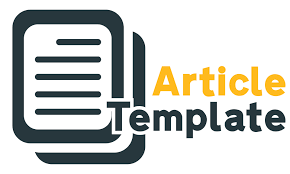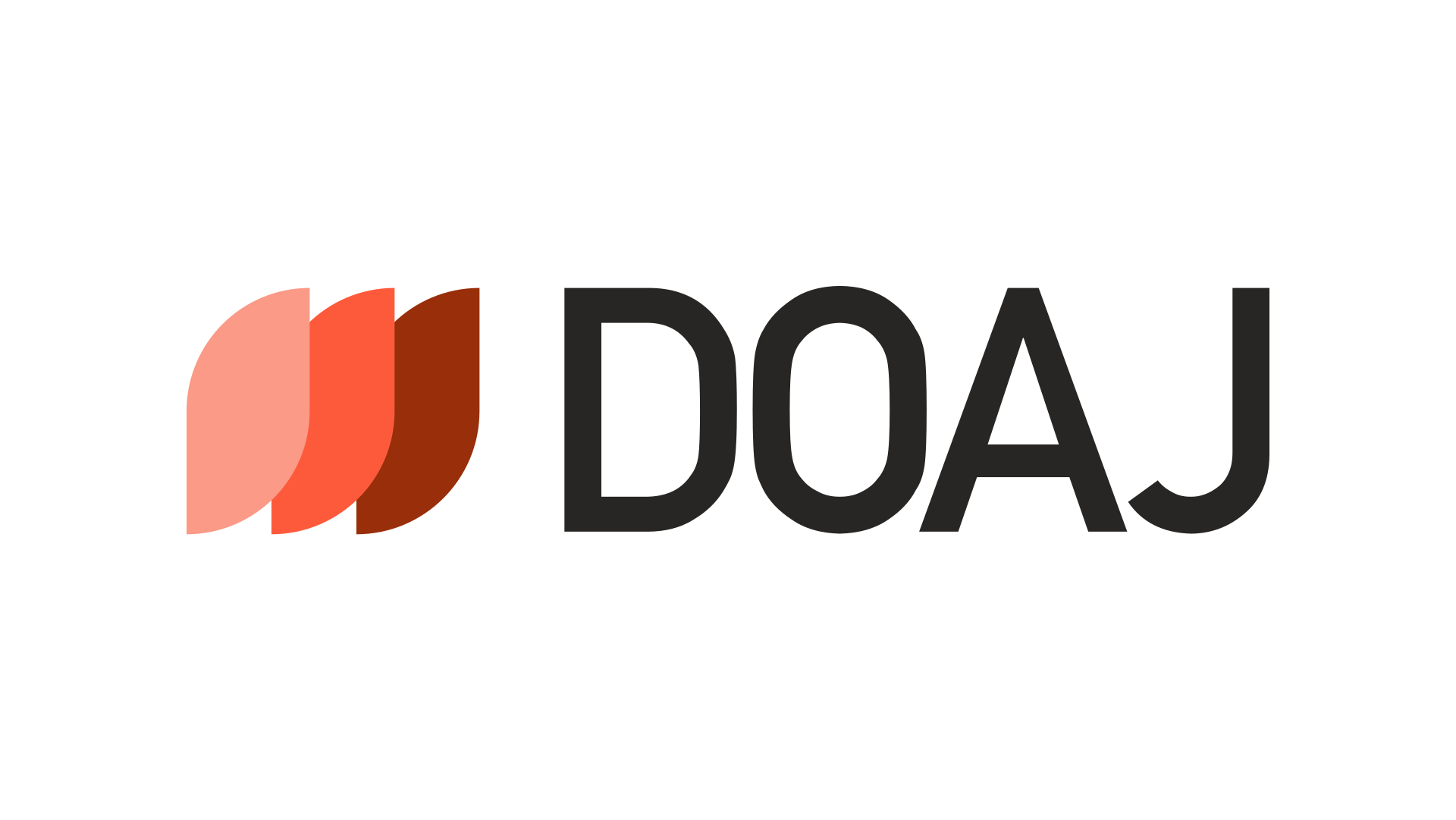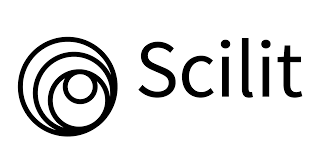Implementation of Agenda Setting Theory by Radio Republic of Indonesia Denpasar As A Media for Political Literacy
DOI:
https://doi.org/10.38043/commusty.v2i2.4982Keywords:
Information Technology, Agenda Setting Theory, Political Literacy MediaAbstract
The development of information technology is now increasingly making it easier for people to receive information, because all the current news with technological advances, the media now provides easy access for its audience. Advances in information technology have had an impact on the mass media in presenting information, one of the mass media which has also experienced developments in presenting information to the public, namely radio. The purpose of this research is to find out the implementation of agenda theory by Radio Republik Indonesia Denpasar as a medium for political literacy. In this study using a qualitative descriptive research approach to the type of descriptive descriptive research. The data analysis techniques used in this study were data collection, data reduction, data presentation, and drawing conclusions. The result of this research is that in implementing the agenda setting theory, Radio Republik Indonesia Denpasar has fulfilled its role as a political literacy media that provides education and knowledge to its listeners. However, this has not run optimally, due to the limitations of Radio Republik Indonesia Denpasar in reporting on political issues, so it is a challenge for Radio Republik Indonesia Denpasar to be able to package political information that is controversial in nature so as not to lead public opinion and genuinely educate listeners.
References
Bachtiar, AYC, & Savitri, Z. (2015). Media Propaganda: Theory and Actual Case Studies. Media Discourse Partners.
Besova, A. A., & Cooley, S. C. (2009). Foreign News and Public Opinion: Attribute Agenda-Setting Theory Revisited. Ecquid Novi: African Journalism Studies, 30(2), 219242. https://doi.org/10.1080/02560054.2009.9653403
Billah, YM, Yuniati, U., & Puspitasari, EE (2019). The Role of Radio as a Media for Fulfilling Needs in the Era of Industrial Revolution 4.0. National Scientific Symposium with the theme: (Improving the Quality of Scientific Publications Through Research Results and Community Service). 434439. https://doi.org/10.30998/simponi.v0i0.356
Budiyono. (2015). Political Communication Phenomenon in Social Media Political Communication Phenomenon in Social Media. IPTEK-COM, 17(2), 143160.
Cangara, H. (2016). Political Communication Concepts, Theories, and Strategies. RajaGrafindo.
Gofur, A., & Sunarso, S. (2020). The Influence of Online Mass Media Literacy on Student Activists' Political Civic Engagement. Scientific Journal of Pancasila and Citizenship Education, 4(2), 215.https://doi.org/10.17977/um019v4i2p215-220
Herdiansyah, H. (2013). Interviews, Observations, and Focus Groups as Instruments and Qualitative Data Extraction. RajaGrafindo.
Heriyanto, GG (2019). Political Literacy, Dynamics of Post-Reformation Indonesian Democracy Consolidation. IRCiSoD.
Wisdom, MM (2018). Journalism: Literary Journalism. PRENADAMEDIA GROUP.https://books.google.co.id/books?id=veNiDwAAQBAJ&printsec=frontcover&hl=id&source=gbs_ge_summary_r&cad=0#v=onepage&q&f=false
Ibrahim. (2015). Qualitative Research Methodology Research Guide and Examples of Qualitative Proposals. Alphabet.
Indrawan, J., Efriza, & Ilmar, A. (2020). The Presence of New Media in the Political Communication Process. Medium, 8(1), 117. https://doi.org/10.25299/medium.2020.vol8(1).4820
Juliasmara, MP, Sudaryanto, E., & Ayodya, BP (2018). The Influence of the Kompas.Com Media Agenda and the Public Agenda on Communication Students' Level of Trust in the Government.
LPP RRI. (2020). LPP RRI Strategic Plan 2020-2024. LPP RRI.https://ppid.rri.co.id/upload/ppid_file/document/18177/renstra_lpp_rri_2020_2024_final_2_22_juni_2020_final.pdf
Misliyah. (2013). Political Communication Through Mass Media Pair Mochtar Muhammad Rahmat Effendi (MuRah) in the Bekasi Mayoral Election for the 2008-2013 Period. Syarif Hidayatullah State Islamic University Jakarta.
Ngalimun. (2017). Communication Science A Practical Introduction. New Library Press.
Pramono. (2016). Description of the Media Agenda with the Public Agenda: Study of Radar Madiun's Daily Agenda Setting for Students of the Communication Science Department, FISIP Univ. Muhammadiyah Ponorogo. Aristo Journal, 2(2), 1430.
Pratama, MC (2012). journalistic process in broadcast radio (study of reporting on RRI Makassar). Alauddin State Islamic University Makassar.http://repository.uin-alauddin.ac.id/id/eprint/10439
Pratiwi, NI, & Wedananta, KA (2019). Interpersonal Communication in Student Groups Regarding Psychedelic Style in Bali. Scientific Journal of Social Dynamics, 3(1), 3755.
https://doi.org/10.38043/jids.v3i1.172
Raditya, R., & Esfandari, DA (2015). The Influence of the Media Agenda on the Public Agenda of Communication Science Students at Telkom University Class of 2010 2013 (Analysis of Agenda Setting in the Mata Najwa Program ahead of the 2014 Presidential Election). E-Proceedings of Management, 2(1), 836844.
Rahman, A., & Suharno. (2019). Implementation of Political Education through Learning Pancasila and Citizenship Education to Increase Students' Political Awareness Implementation. Scientific Journal of Pancasila and Citizenship Education, 4, 282290.
Ridha, M., & Riwanda, A. (2020). Media Literacy, Political Literacy, and Citizenship Participation of New Voters in the Digital Era. Scientific Journal of Pancasila and Citizenship Education, 5(1), 110. https://doi.org/10.17977/um019v5i1p110-121
Ritonga, E.Y. (2018). Agenda Setting Theory in Communication Science. SYMBOLIKA JOURNAL: Research and Learning in Communication Study, 4(1), 32. https://doi.org/10.31289/simbollika.v4i1.1460
Rosmilawati, S. (2017). The Role of Radio Republik Indonesia (RRI) Palangkaraya in Political Communication Media in Central Kalimantan Restorica: Scientific Journal of Public Administration and Communication Sciences, 3 (1), 126-133.
Siswoyo, E.F. (2020). Production Process of Regional News Broadcast Programs on Radio Republik Indonesia Pekanbaru (Issue 3882). Sultan Syarif Kasim State Islamic University.
Sugiyono. (2016). Management Research Methods. Alphabeta Publisher: Bandung.
Tawang, F. (2016). NEWSPAPER MEDIA AGENDA (Content Analysis of Capital Newspapers). Journal of Communication and Media Studies, 19(1), 73.https://doi.org/10.31445/jskm.2015.190105
Utami, DR (2018). The Influence of Tempo Magazine's Media Agenda on the Public Agenda of the State Civil Apparatus of the East Lombok Regency Education and Culture Service Regarding Indonesian Corruption Issues. Brawijaya University Malang.
Downloads
Published
How to Cite
Issue
Section
License
Copyright (c) 2023 2023

This work is licensed under a Creative Commons Attribution-ShareAlike 4.0 International License.
















